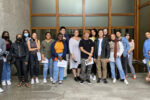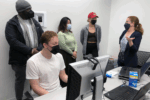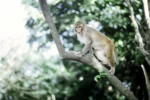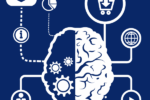
A new study co-led by researchers at the University of Pennsylvania, including experts from the Communication Neuroscience Lab, reveals that people are more likely to share posts they find personally meaningful or socially relevant. Published in the Journal of Experimental Psychology: General, the research highlights how value-based content—whether related to public health or climate change—is more likely to go viral. The findings offer insights for designing messaging that not only informs but resonates, a key interest of faculty affiliated with the Wharton AI & Analytics Initiative.…Read More










